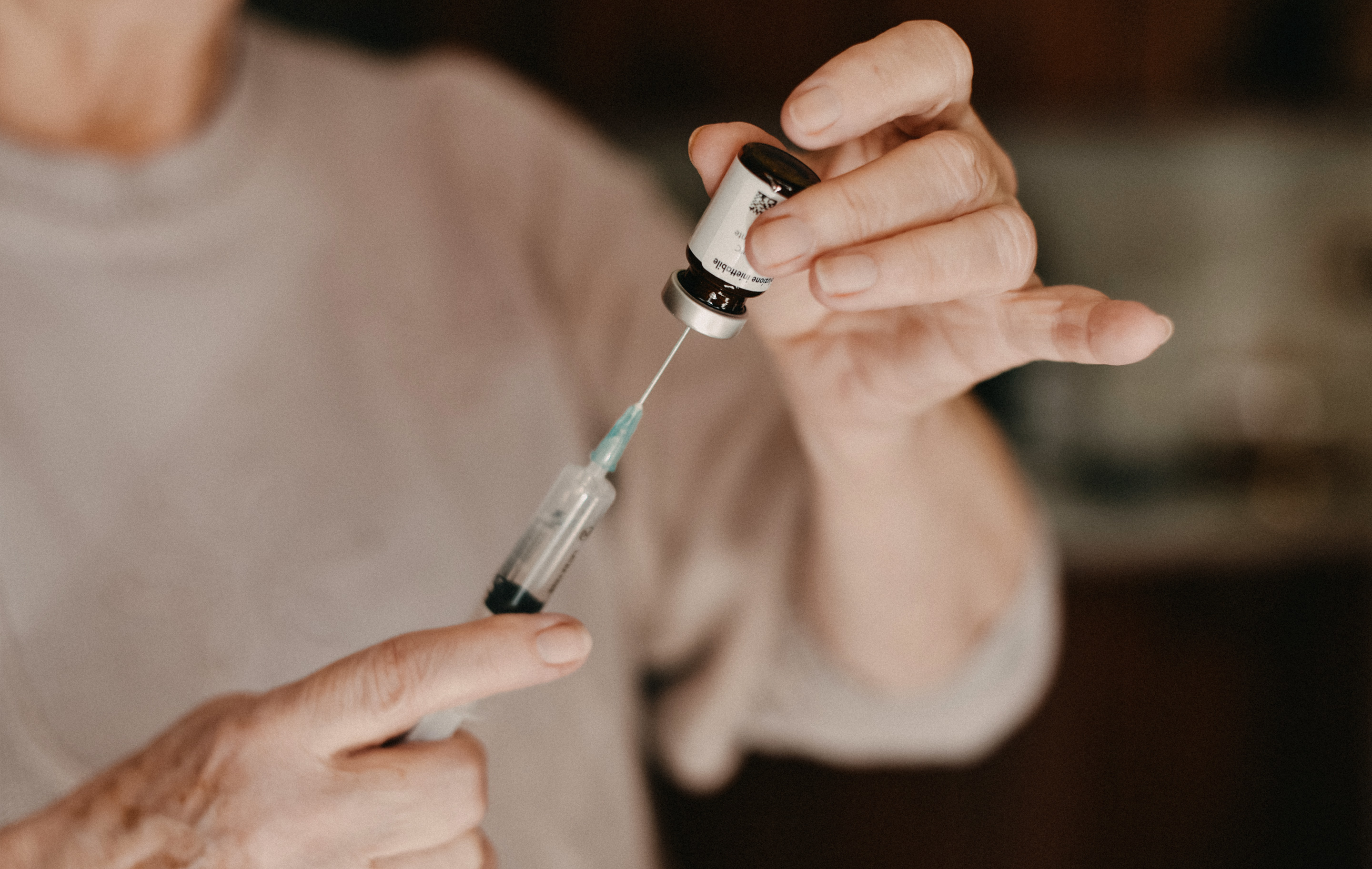Even though less than two percent of the population uses specialty drugs, they account for more than half of the total pharmacy spending. For most patients, specialty medications are life-sustaining—and even life-saving therapies, which makes adherence to their treatment critical. However, it’s estimated that half of Americans don’t take their medications as prescribed.
The reasons for this nonadherence vary, and are intricately linked to personal circumstances and individual health journeys. Contributing factors include high medication costs, side effects, or access to pharmacies that dispense these often complex specialty treatments. Efforts to help patients start and stay on the right medication are crucial to help address existing barriers to adherence and improve overall outcomes.
Strategies to combat specialty waste and support patient adherence
When looking to increase specialty medication adherence, plan sponsors will want a patient-centric, clinically tailored solution for individual specialty patients to proactively combat wasteful spending and boost patient adherence. With this in mind, plan sponsors should consider:
- Using clinically determined days’ supply logic for each patient – at every step: No two treatment journeys are the same, and a patient’s clinicians should be focused on providing individualized and tailored patient support. The ability to adapt throughout each stage of a patient’s treatment plan by adjusting days’ supply and fill frequency as needed is critical to long-term adherence.
- Proactively finding ways to reducing wasteful specialty spending: For new-to-therapy patients, potential waste and associated costs of expensive specialty medications that are difficult to tolerate may be reduced by dispensing a shorter supply. This ensures medications are well-tolerated with minimal side-effects before moving to a greater days’ supply. (An Express Scripts study showed 50% reduction in waste for difficult to tolerate medications with shorter supplies compared to traditional dispensing methods1.)
- Reducing the number of refills per year with medication stabilization and adherence: Adherent patients on select specialty medications for chronic conditions may move to a greater days’ supply once therapy stabilization is confirmed. Fewer refills throughout the year create a simpler experience that can effectively improve patient adherence and drive better clinical outcomes2.
- Implementing financial protection if a patient leaves their plan early: Plan sponsors will want to look for a solution that allows for change and variability when a member leaves the plan early. This type of financial protection reduces the overall impact of high-cost specialty medications.
- Giving members more choice and convenience: Offering members more refill location options when possible allows greater flexibility for patients and caregivers.




